Most of the technology that we use on a daily basis is operated in large part by embedded systems. All of our household appliances, cell phones, uninterruptible heating and security systems, and other electronic devices depend on embedded system technology to work.
Although the technology and knowledge required to create embedded systems may not be extremely sophisticated, many of the systems and gadgets that we unknowingly rely on would cease to function without these fixed systems. It's crucial to understand what embedded systems are really utilised for and what kinds of projects they are likely to be involved in whether you're an engineer or an employer in the embedded systems sector.
What is Embedded System?
A microprocessor-based computer hardware and software system known as an embedded system is created to carry out a specific task, either independently or as a component of a larger system. An integrated circuit built to do computing for real-time processes is at the heart of the system.
A microcontroller- or microprocessor-based system that is created with a specific objective in mind is called an embedded system. A fire alarm, for instance, is an embedded device that only detects smoke.
The embedded system consists of three parts:
Hardware
Software applications
The Real Time Operating System (RTOS)
Why to do Projects in Embedded Systems?
Embedded systems are used to manage a certain operation inside of a device. Embedded systems are often merely made to carry out this task repeatedly, but more advanced ones may take control of whole operating systems.
Even while some more sophisticated embedded systems can accomplish a variety of activities, these are still rather straightforward jobs that don't call for a lot of computing power.
Embedded systems' inability to be programmed, which makes them reliable once configured to carry out a certain task, means that this is one of their primary distinguishing features. However, certain devices with embedded systems allow for software upgrades, which allows for the improvement of programmed functions.
Important Steps to getting Started with Embedded Projects
People who wish to start an embedded project typically do so for two reasons: (1) they want to use their software to influence physical objects, and (2) they want to understand exactly what's going on at the very bottom.
But the fundamental uncertainty that they have while beginning is how to begin with the Embedded Projects. We've covered a few crucial stages in this blog that might serve as a starting point for embedded applications.
Select Your Preferred Programming Language
You must first choose a programming language before you can begin to study embedded system programming. Knowing all of the alternatives is the first step, followed by selecting one from each group in accordance with your needs and circumstances.
Study C/C++
Learning C/C++ is the second step in creating an embedded system programme since C is supported by the majority of embedded system products. Beginners should start with C since it is simple to learn.
Learn About Microcontrollers
The embedded system's microcontroller/microprocessor is a crucial component. A microcontroller is equipped with RAM, ROM, and a few additional peripherals, like timers and counters. Select a microcontroller first based on the application. The hardware you wish to connect to will determine the answer. Additionally, while selecting a microcontroller, the software needs should be taken into consideration.
Possess a Working Knowledge of Electronics
To study embedded system programming, you must be familiar with electronic gadgets. It is nearly hard to write an embedded system software if you are unfamiliar with fundamental electronics.
Gather Your Tools and Equipment
In addition to a microcontroller and other hardware, you'll need jumper wires, circuit boards, batteries, resistors, leads, a soldering iron, and some testing tools like a DMM to learn how to develop embedded systems (digital multimeter).
Begin with a Mini Project
Practice is the greatest way to learn. Try to work on minor projects first, then move on to larger ones. You will be able to become more familiar with the microcontroller and your components by gaining experience working on a few simple projects.
Also read : Arduino Based Mini Projects for ECE
How to Choose the Right Microcontroller for Embedded Projects?
Since it is the central component of the project and determines whether the system works or not, selecting the best microcontroller for a project is usually a difficult choice.
There are a huge variety of microcontrollers available, each with a special trait or competitive edge. These traits range from form factor to package size to RAM/ROM capacity, and they determine whether a microcontroller is appropriate for a certain application or not. Designers typically choose microcontrollers that they are acquainted with in order to minimise the stress that comes from choosing amongst them. However, this can occasionally have disastrous consequences because the chosen MCU may not be able to meet the project's needs. Some of the crucial elements to take into account when choosing a microcontroller include the following:
Microcontroller Architecture
Application
Communication interfaces
Bit size
The number of input/output pins
Operating Voltage
Package Dimensions
Memory Requirements
Power Use
Microcontroller Support
Top Embedded Projects for ECE
The top projects on embedded systems for ECE are provided in this section. Top embedded systems project ideas across numerous topics are listed here.
Top 13 Embedded Projects
The Embedded System based projects done by us are listed below. You can refer to these so that you can get some ideas in doing projects on embedded systems.
Unlocking Home Automation System by Face Detection Using ESP32 camera
Ultrawide Band Radar System For Through Wall Human Vital Signs Detection
Real Time Smart Attendance Monitoring System With Image Processing And Thermal Scanning
A Robust Security Framework for Cloud-Based Logistics Services
Design and Implementation of IoT System for Aeroponic Chamber Temperature Monitoring
Intrusion Detection System Using Regulated Patrolling Robots for Apartments
Highly Compact Device Modelling and Notification System for Outdoor Patient Monitoring System
Smart Parking Solutions for On-Street and Off-Street Parking
Top 13 UG Embedded Projects
The top 13 UG Embedded Projects done by us are listed below. You can refer to these so that you can get some ideas in doing projects on embedded systems for ECE.
Real-time Wireless Embedded Electronics for Soldier Security
A wearable system for respiratory and pace monitoring in running activities: a feasibility study
Infusion Liquid Level Detection Tool Using IR Sensors and Photodiode Based on Microcontroller
A Comparative Study of LoRa and IEEE 802.15.4-based IoT Deployments inside School Buildings
IoT-Enabled Shipping Container with Environmental Monitoring and Location Tracking
Hardware Root Of Trust for IoT Security In Smart Home Systems
Top 13 PG Embedded Projects
The top PG Embedded Projects done by us are listed below. You can refer to these so that you can get some ideas in doing CSE projects.
Towards Real-Time Eye blink Detection in the Wild: Dataset, Theory and Practices
IOT Based Wireless Sensor Network for Air Pollution Monitoring
Development of congestion level based dynamic traffic management system using IoT
Design and Analysis of IoT-Based Intelligent Robot for Real-Time Monitoring and Control
IoT Based on-the-fly Visual Defect Detection in Railway Tracks
Raspberry Pi Based Wearable Reader For Visually Impaired People with Haptic Feedback
Low power Smart Vehicle Tracking, Monitoring, Collision avoidance and Antitheft System
Facial and Voice Recognition Based security and Safety System in Car
Medical Remote Monitoring of Multiple Physiological Parameters Based on Wireless Embedded Internet
Oil Spills Detection on Sea Surface by using Sentinel–1 SAR Images
Conclusion
This blog article gives you some important tips about the basic concepts of computer science engineering. First a briefing about the meaning of embedded systems is given followed by which the important steps to get started with the embedded projects are listed. Then suggestions were given regarding the selection of right microcontroller for the embedded projects. Then the top of embedded systems project ideas was suggested based on the embedded system-based projects done by Takeoff Projects in different areas. Finally, a short briefing about how Takeoff Projects can assist the students in completing their embedded projects for ECE is given after this section.
Also read : Mini Project Ideas for ECE
Why Takeoff Projects? How can it help with the Embedded Projects for ECE?
Takeoff Projects has an exclusive department of professionals and trainers who are experts in Embedded systems. Moreover, Takeoff Projects have guided numerous students in their embedded systems mini projects for ECE. We are capable of successfully completing your Embedded Projects from the initial state to final state within the stipulated time. We also offer guidance for your current projects on embedded systems for ECE and can enhance the acceptance rate. You can either get ideas about embedded projects either referring to our list of Embedded projects or can choose your own thoughts.
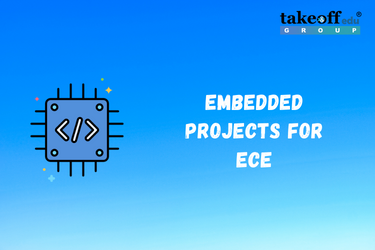
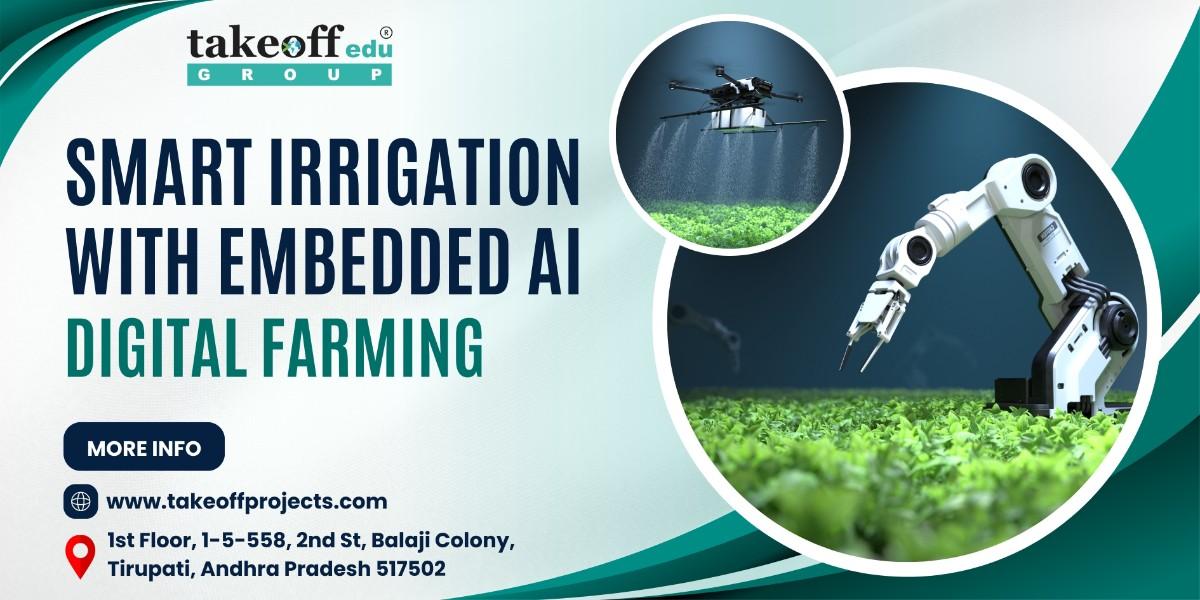 Smart Irrigation with Embedded AI: Digital Farming
Smart Irrigation with Embedded AI: Digital Farming 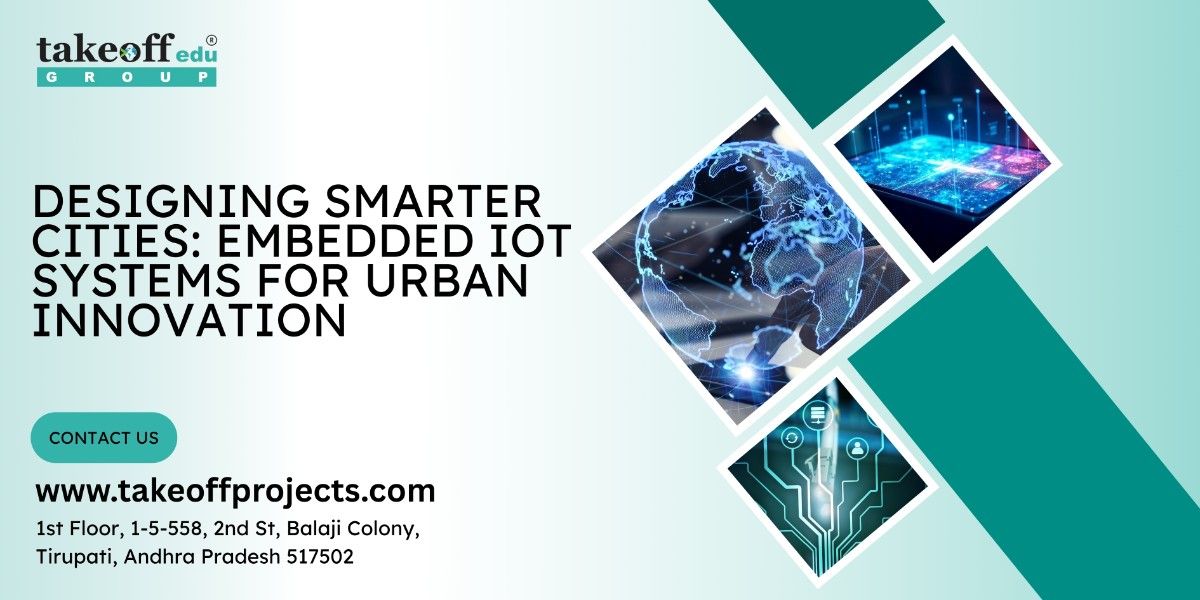 Designing Smarter Cities: Embedded IoT Systems for Urban Innovation
Designing Smarter Cities: Embedded IoT Systems for Urban Innovation 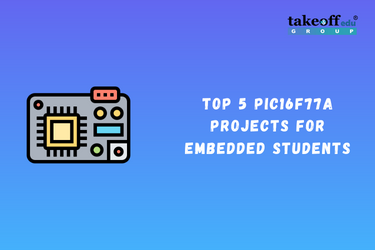 Top 5 PIC16F77A Projects for Embedded Students
Top 5 PIC16F77A Projects for Embedded Students  Top 7 Arduino Projects for Students
Top 7 Arduino Projects for Students 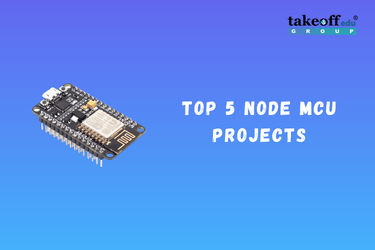 Top 5 Node MCU Projects
Top 5 Node MCU Projects 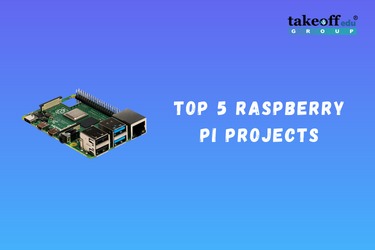 Top 5 Raspberry Pi Projects
Top 5 Raspberry Pi Projects  Top 7 ARM7 Project Ideas
Top 7 ARM7 Project Ideas  Top 5 Mechatronics Projects for ECE
Top 5 Mechatronics Projects for ECE  Top 5 Renewable Energy Projects Ideas
Top 5 Renewable Energy Projects Ideas  Top 7 Biomedical Projects for Students
Top 7 Biomedical Projects for Students  Top 7 Artificial Intelligence Project Ideas
Top 7 Artificial Intelligence Project Ideas  Top 7 WSN Projects for Students
Top 7 WSN Projects for Students  Top 7 Machine Learning Projects for BTech & MTech
Top 7 Machine Learning Projects for BTech & MTech  Top 7 Image Processing Projects
Top 7 Image Processing Projects  Top 7 Industrial Automation Projects
Top 7 Industrial Automation Projects  Top 7 Deep Learning Projects for Final Year Students
Top 7 Deep Learning Projects for Final Year Students 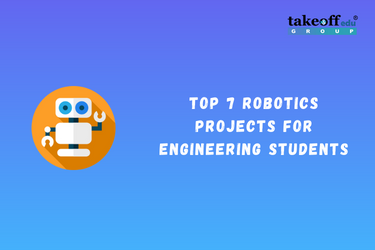 Top 7 Robotics Projects for Engineering Students
Top 7 Robotics Projects for Engineering Students  Top 7 IoT Projects for Students
Top 7 IoT Projects for Students 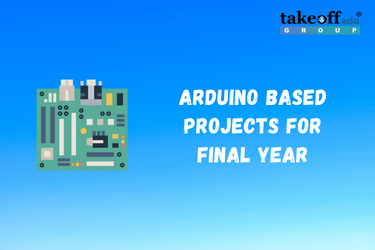 Arduino based Projects for Final Year
Arduino based Projects for Final Year  FPGA Projects for Engineering Students
FPGA Projects for Engineering Students  New Deep Learning Projects Ideas & Topics 2022
New Deep Learning Projects Ideas & Topics 2022  Machine Learning Projects for Final Year CSE
Machine Learning Projects for Final Year CSE 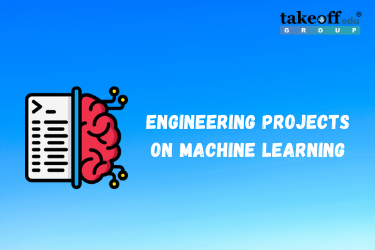 Engineering Projects on Machine Learning
Engineering Projects on Machine Learning 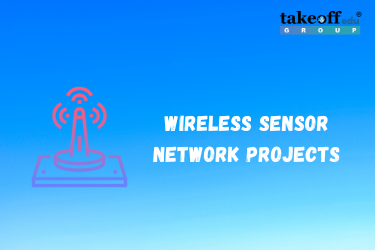 Wireless Sensor Network Projects
Wireless Sensor Network Projects 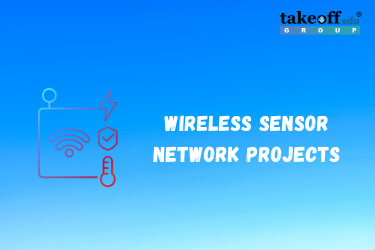 Wireless Sensor Network Projects with Source Code
Wireless Sensor Network Projects with Source Code 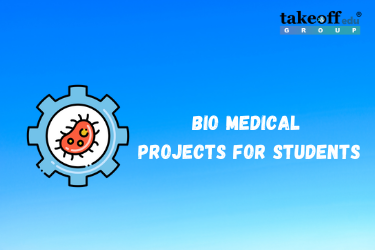 Latest Bio Medical Projects for Students
Latest Bio Medical Projects for Students  Innovative Bio Medical Project Ideas & Topics 2022
Innovative Bio Medical Project Ideas & Topics 2022 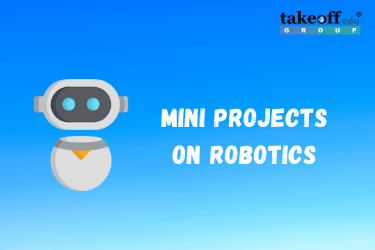 21+ Interesting Mini Projects on Robotics
21+ Interesting Mini Projects on Robotics 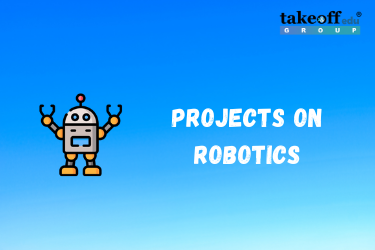 Engineering Student Projects on Robotics
Engineering Student Projects on Robotics 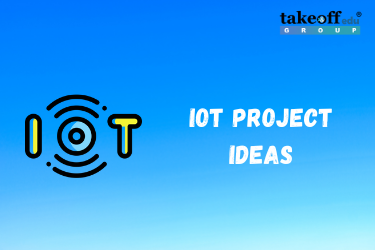 Innovative IoT Project Ideas for Engineering Students 2022
Innovative IoT Project Ideas for Engineering Students 2022 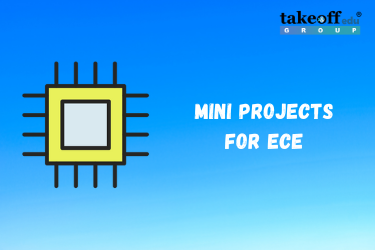 Latest Mini Projects for ECE Students 2022
Latest Mini Projects for ECE Students 2022 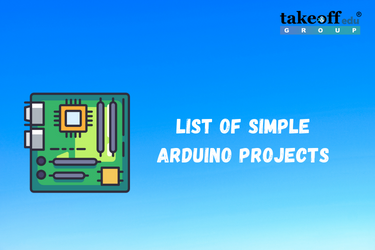 List of Simple Arduino Projects
List of Simple Arduino Projects 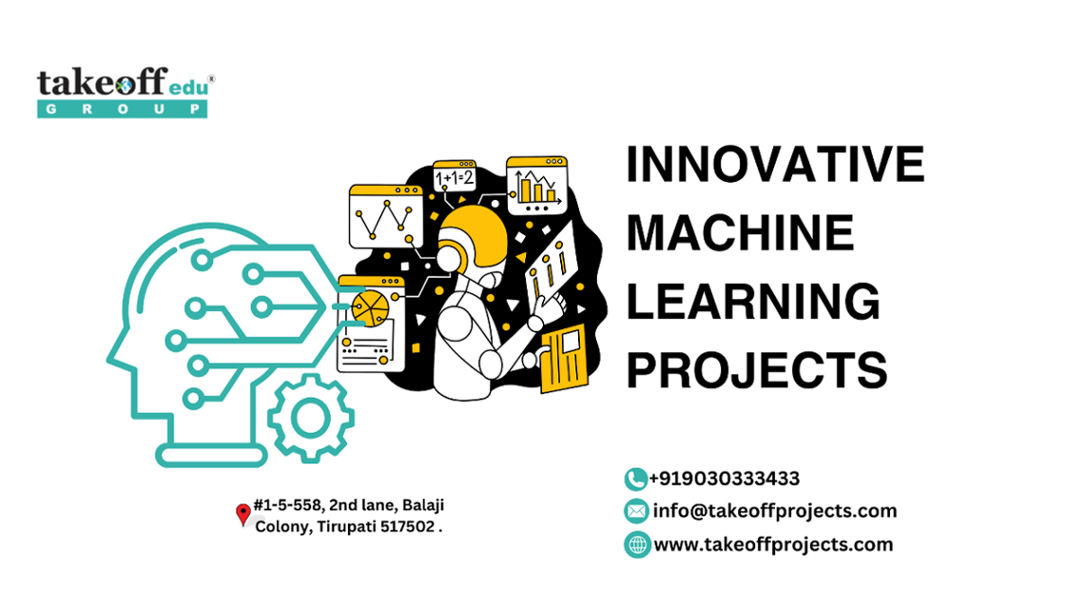 Innovative Machine Learning Projects
Innovative Machine Learning Projects 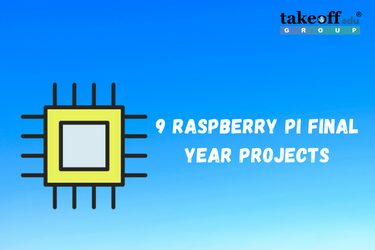 9 Raspberry Pi Final Year Projects
9 Raspberry Pi Final Year Projects 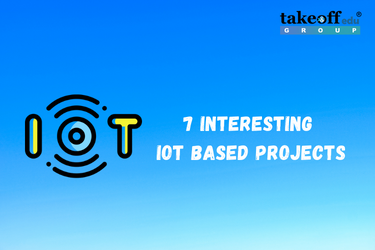 7 Interesting IoT Based Projects
7 Interesting IoT Based Projects 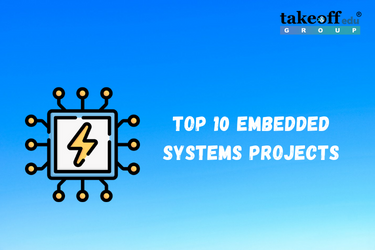 Top 10 Real Time Embedded Systems Projects for Students 2022
Top 10 Real Time Embedded Systems Projects for Students 2022 
 Paper Publishing
Paper Publishing


